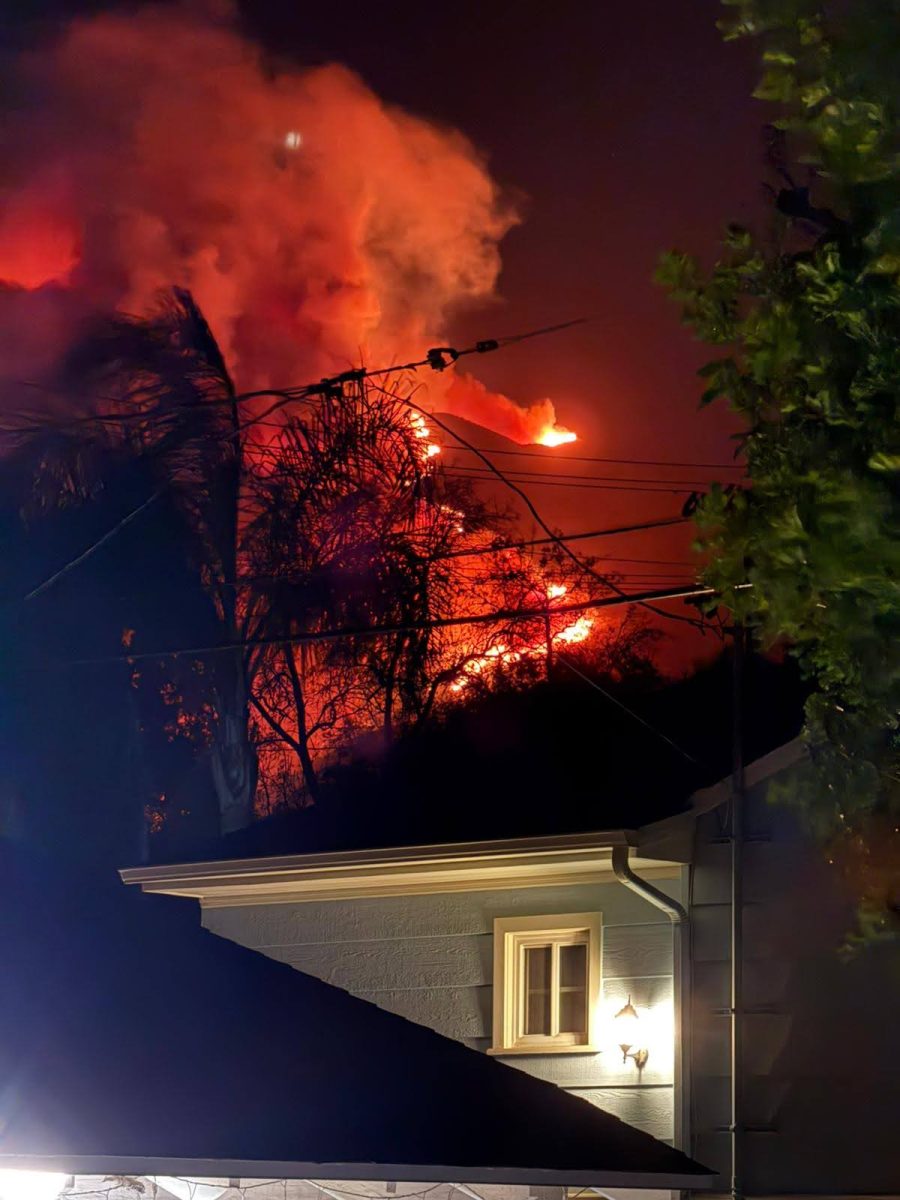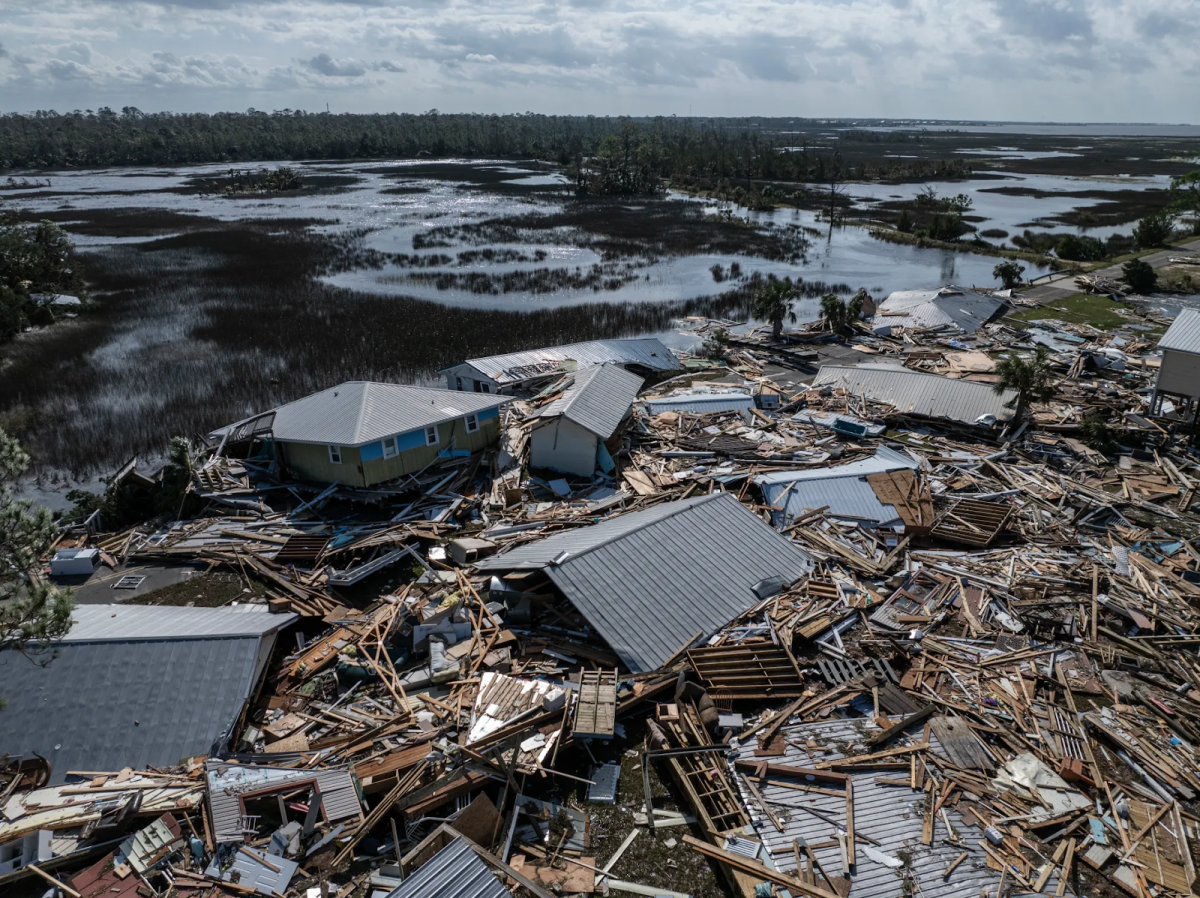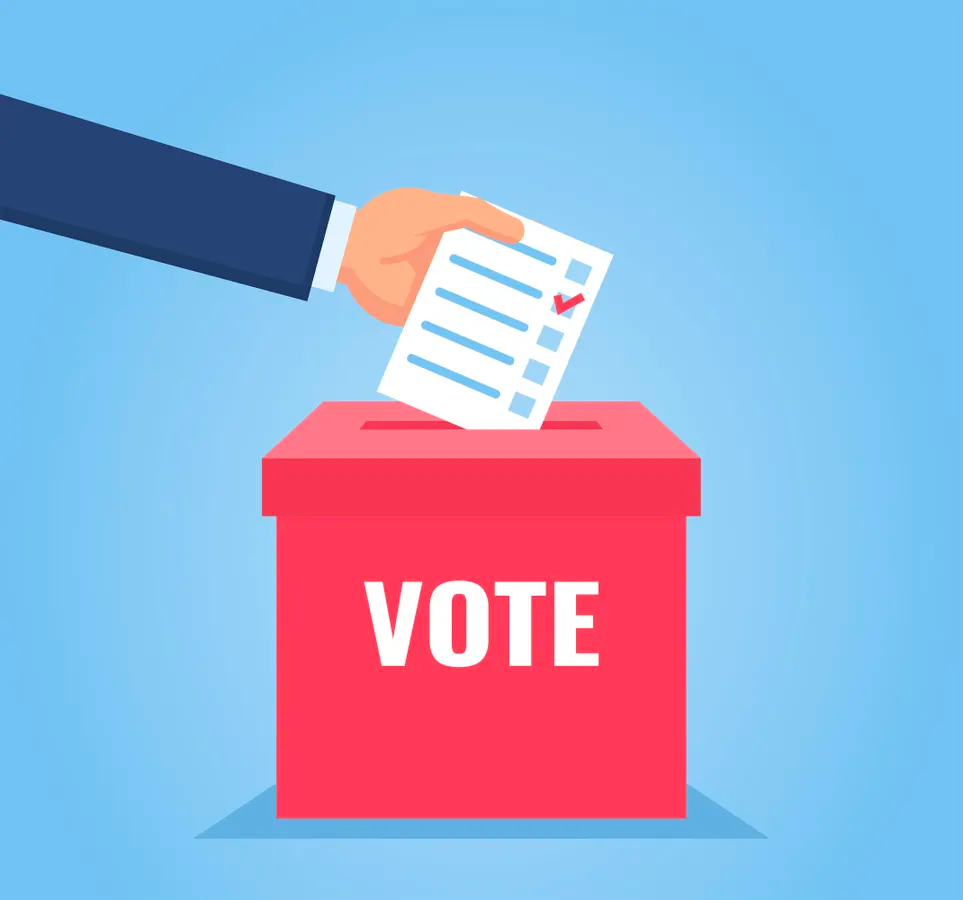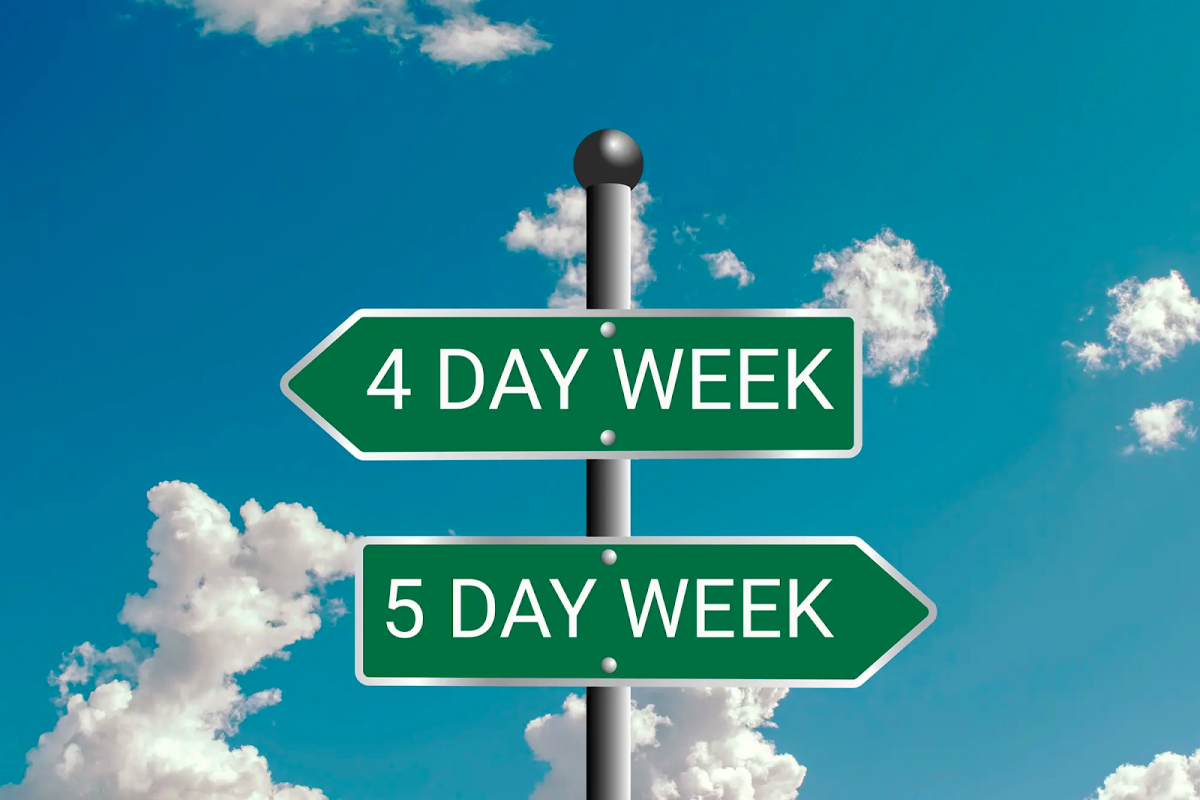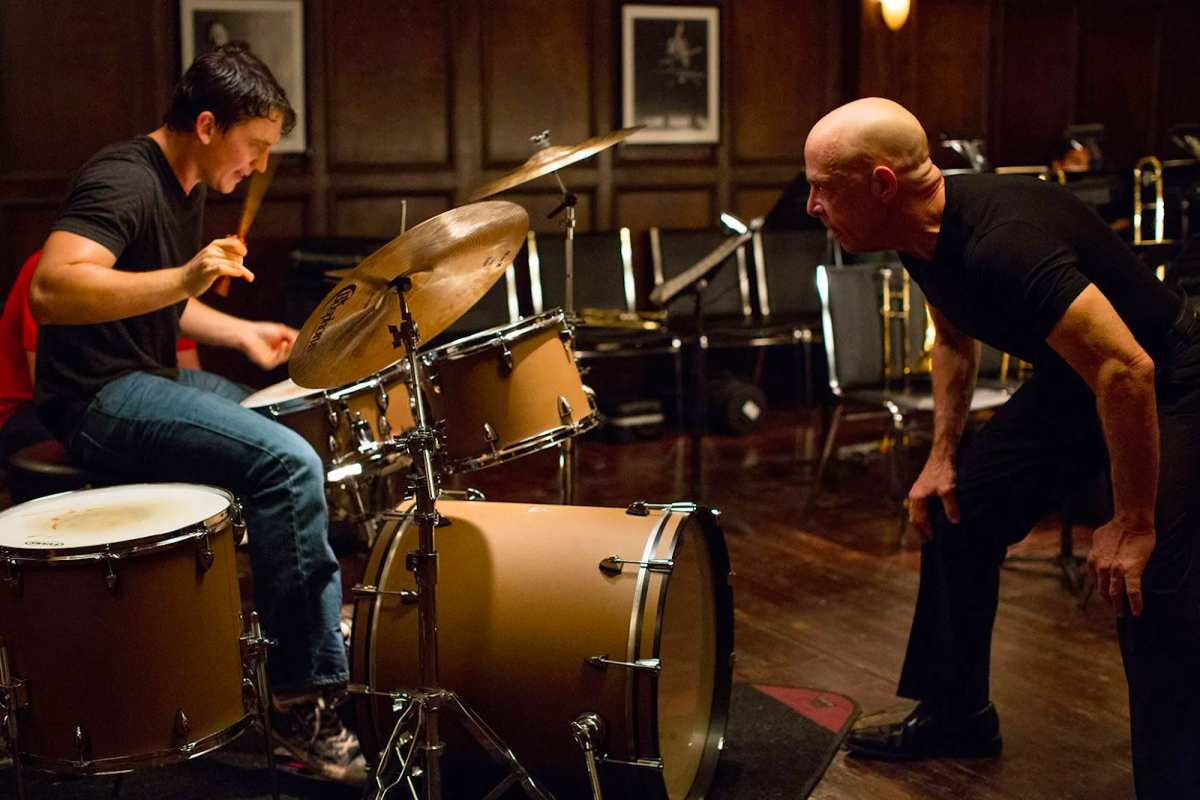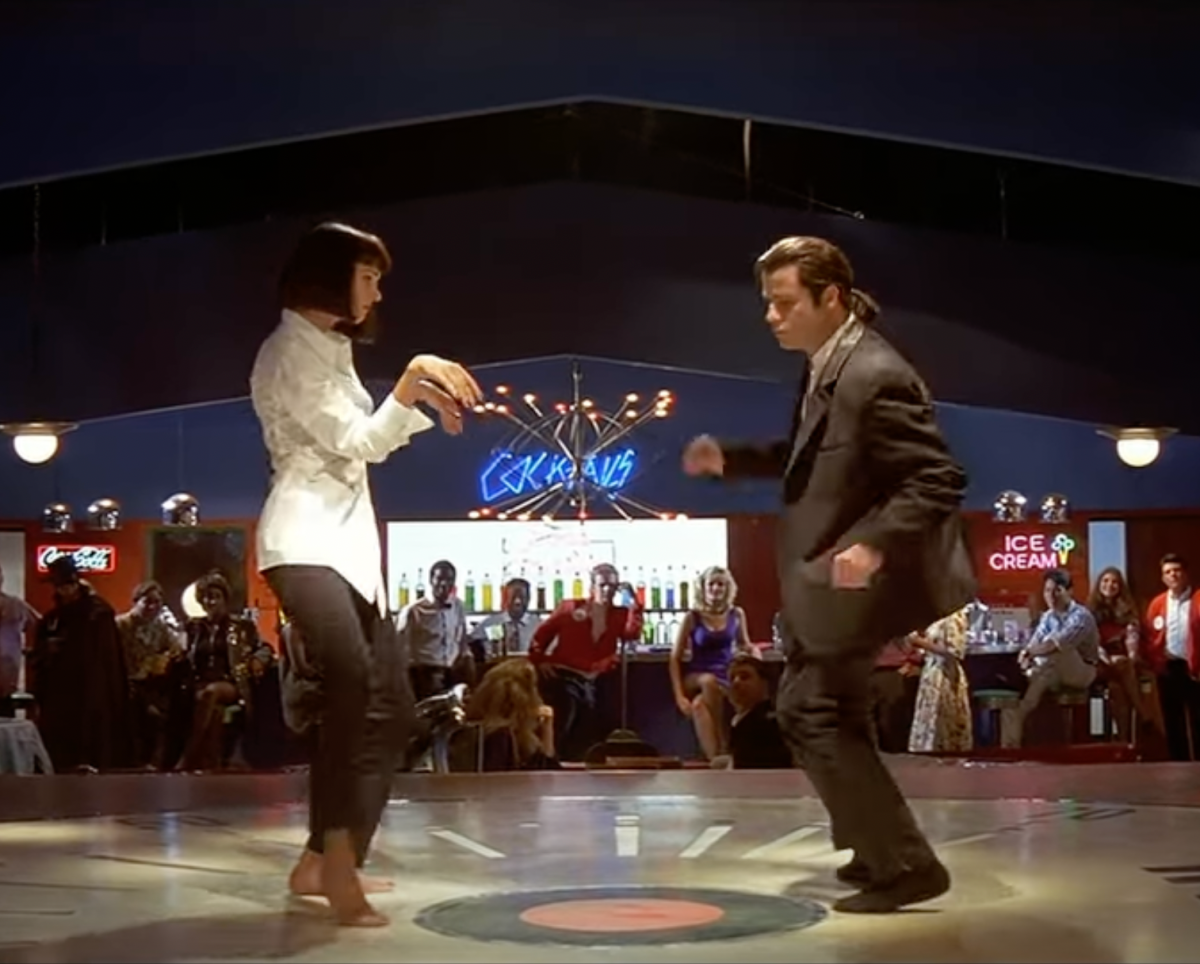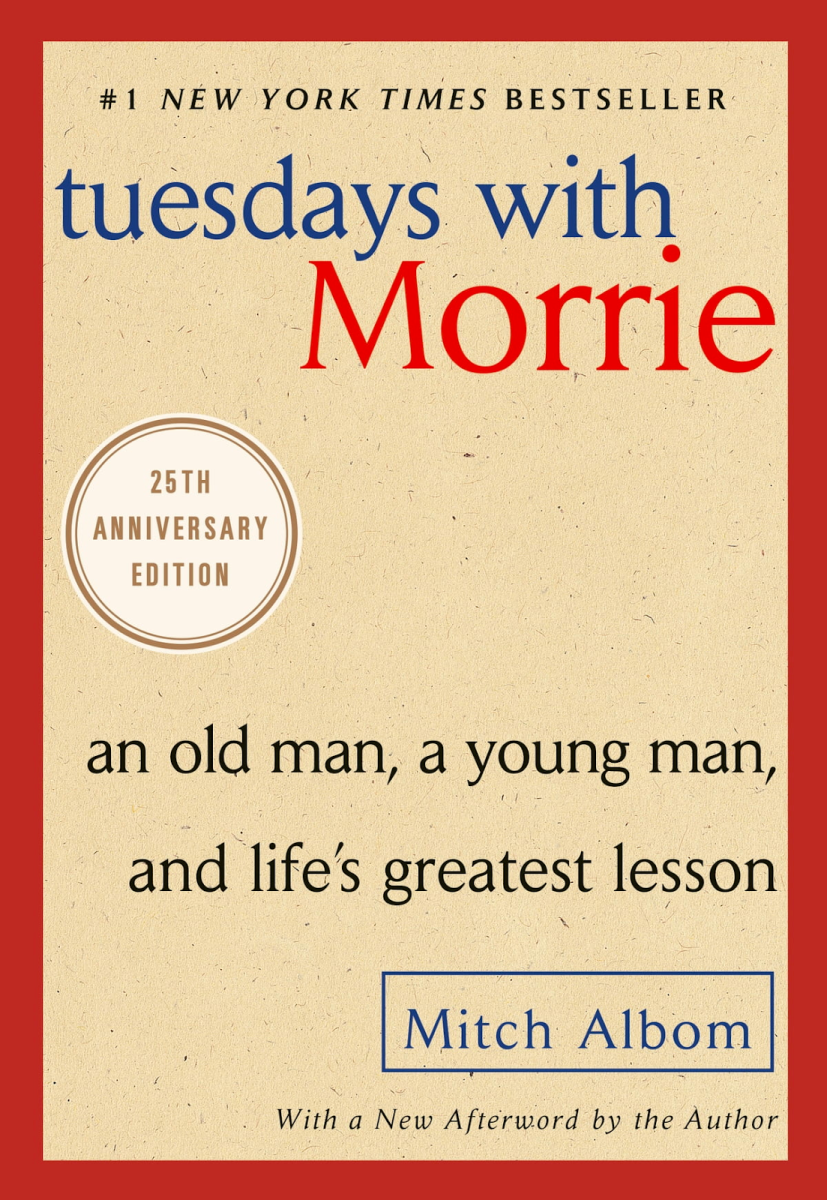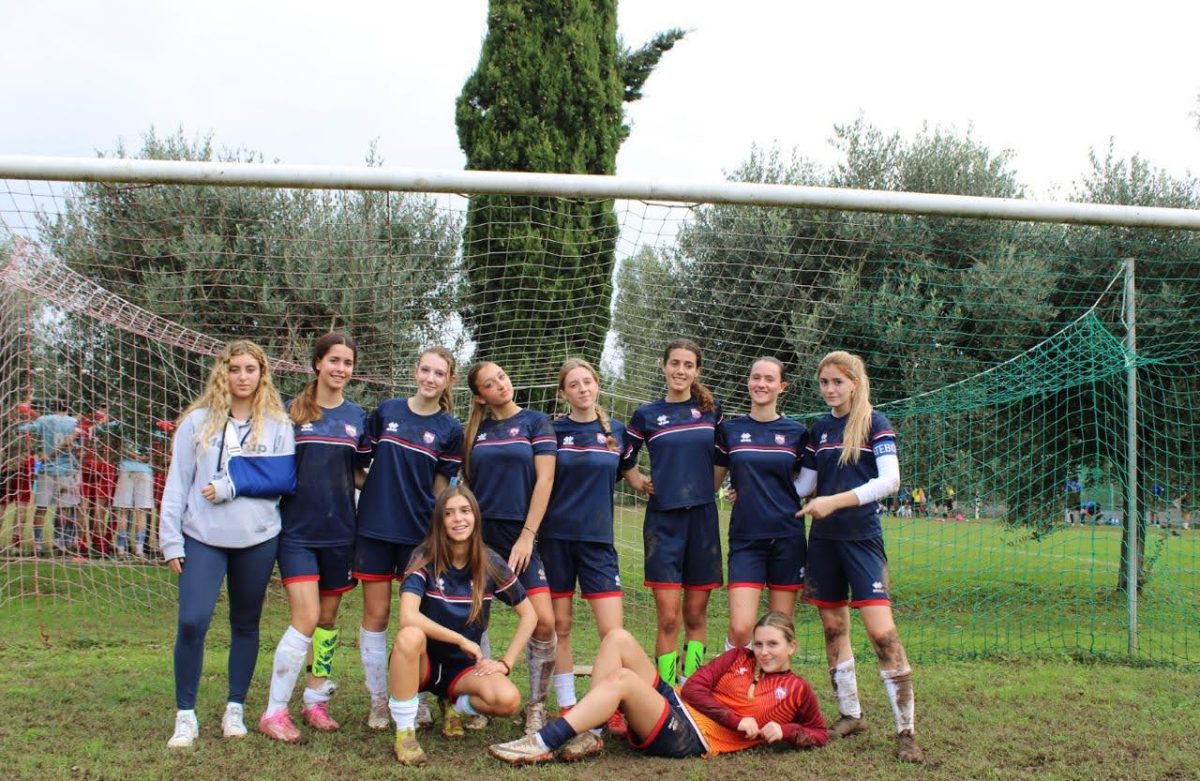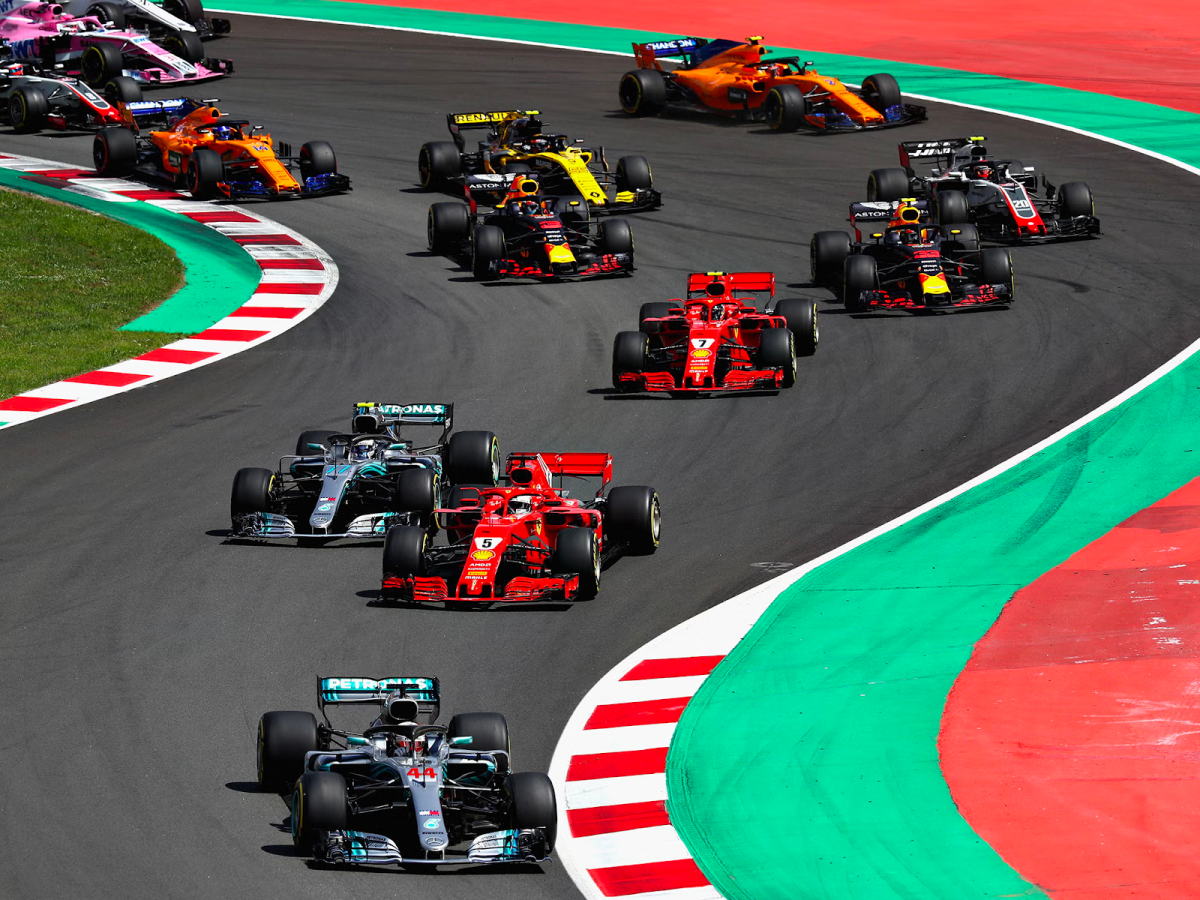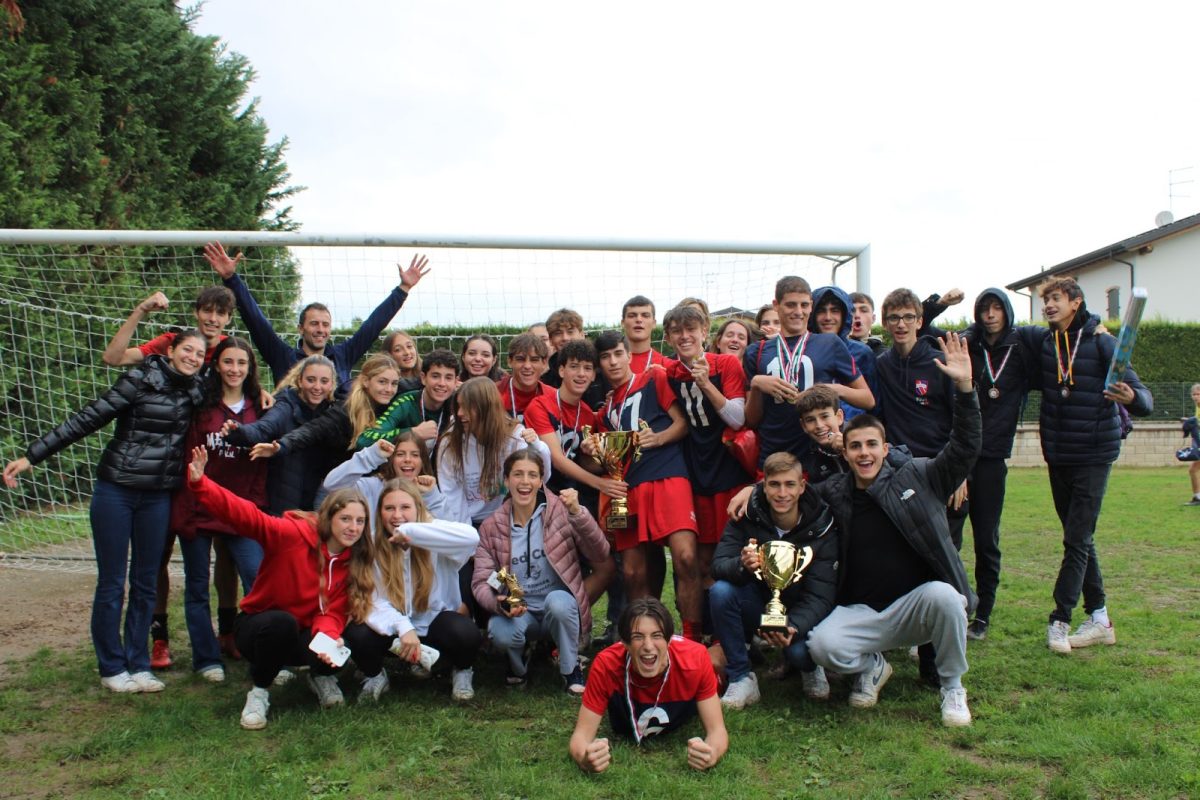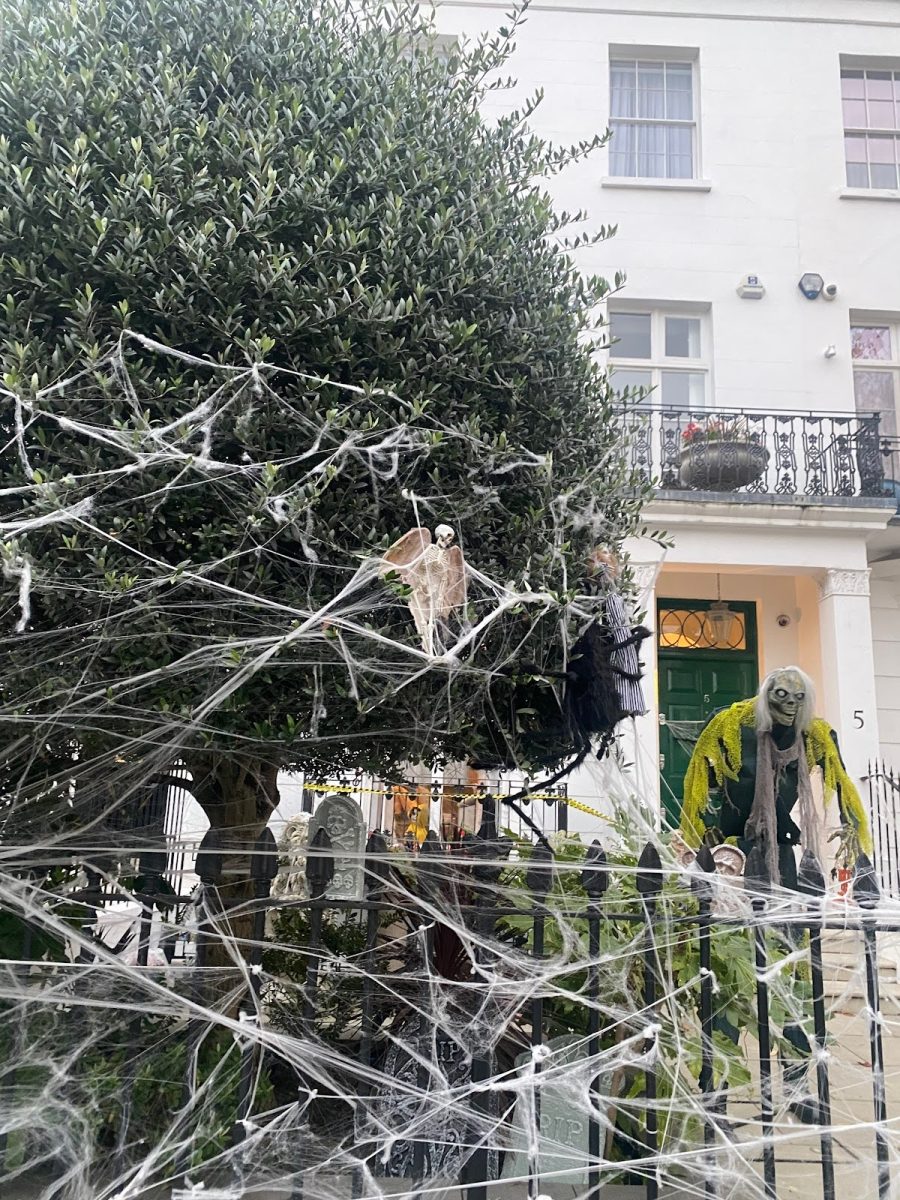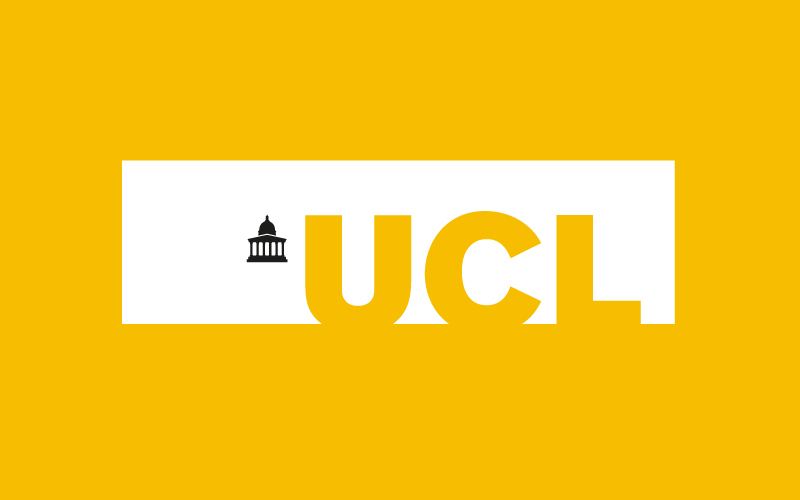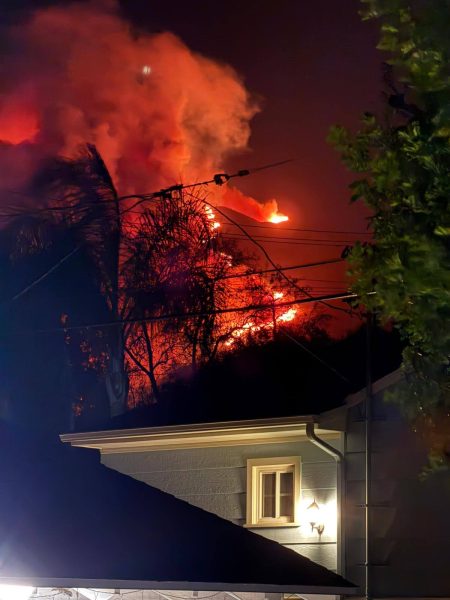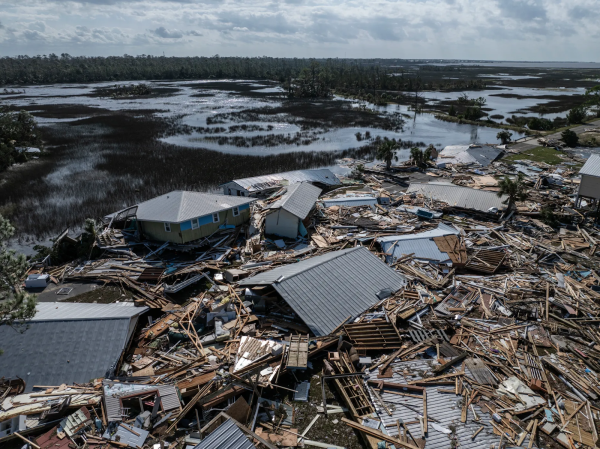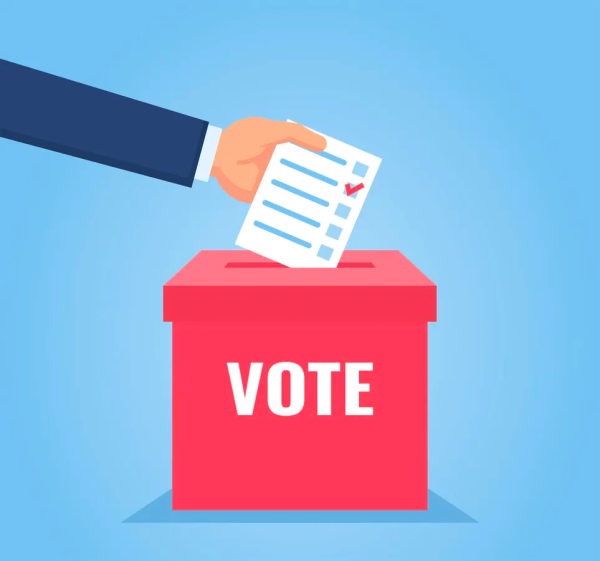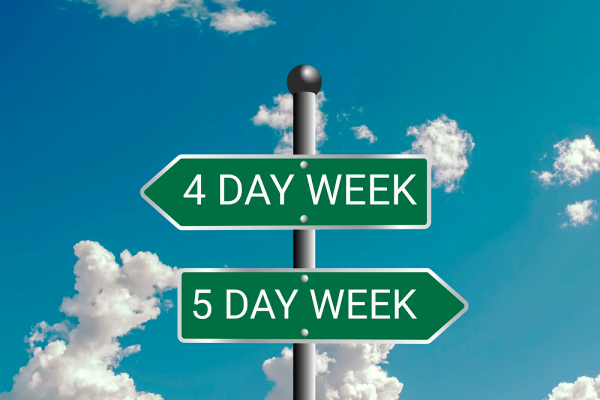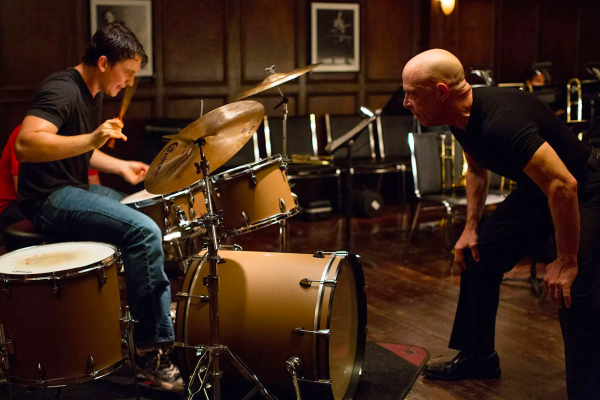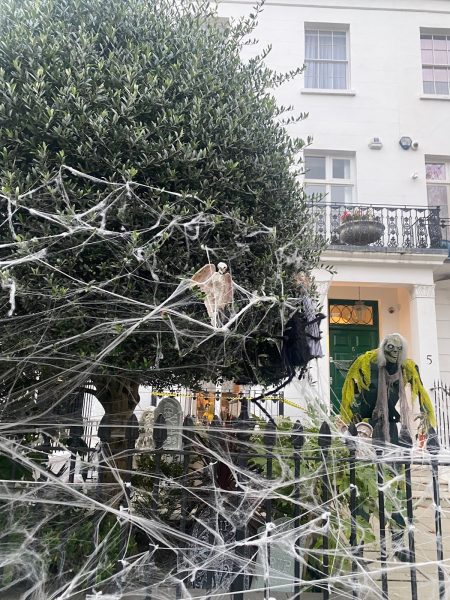How Facebook Can Solve Murders
Brittney Gargol, 18, was found strangled to death on the side of a road near a landfill site in Saskatoon, Saskatchewan, Canada on the 24th of March 2015. Two years later, her best friend, Cheyenne Antoine, was sentenced to 7 years in prison when police matched the murder weapon to a selfie that the two took hours before Gargol was killed.
Cheyenne was questioned days after the murder, but deflected the police by claiming that the girls had encountered a “white male” during their night out and that she had later returned home to her uncle’s house alone. Despite Cheyenne’s diversions, the police discovered through a family member’s tip-off that her alibi did not concur. Officials dug further, analysing various sources such as her social media, and it is then that they found the friends’ selfie.
Twenty one year old Cheyenne was arrested in March 2017, and pleaded guilty in her court case in January this year: she was convicted of 2nd degree murder and will face 7 years in prison.
The question that I must ask now is: without Facebook, how would this case have ended? Would Cheyenne still be facing her penalty? Most importantly, in an age of nonexistent social media, how did police solve cases like these? We are currently in an era of continuous technological renovation.
In 20 years time, autonomous cars will be occupying our motorways, robots will be our best friends and drones will replace NASA’s entire astronaut community. Social media is another aspect that seems to be taking over the human race. Though many may deny it, these platforms have constructed a rating system within our society, and scientists are considering naming
‘social media addiction’ as an alarming mental health issue. Statistics say that extroverts exploit social media to prosper socially, whereas introverts utilize it as a replacement for real-life relationships.Dependence on social media has become a social norm. As we enter into this new age of technology though, it is probably best that we accept this as a fact and move on.
This brings me to the next question: should social media truly reflect who we are as people? If police can access our accounts to help solve crimes, how much of our information should we be feeding strangers through our Instagram, Facebook and Twitter accounts? Of course in some cases, such as Brittney Gargol’s murder, Facebook helped bring justice to the world. But, it becomes a problem when officials have to start analysing deeper, and our accounts no longer become a place where we can express ourselves freely: they become a source of possible evidence.

